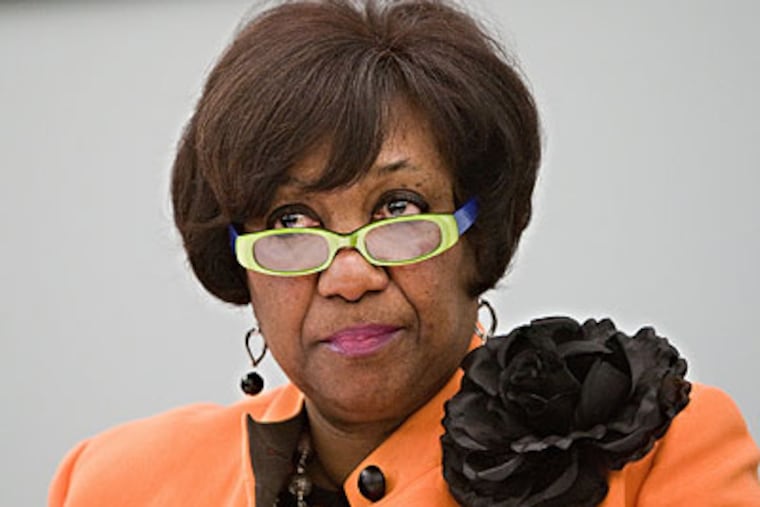Inquirer Editorial: Schools face deficit
It's no surprise that the Philadelphia School District faces a massive budget deficit next year. The bigger surprise is that the district didn't take more aggressive steps to plan for the budget shortfall.

It's no surprise that the Philadelphia School District faces a massive budget deficit next year. The bigger surprise is that the district didn't take more aggressive steps to plan for the budget shortfall.
The deficit could be $430 million (or more) next year, or 13 percent of the district's $3.2 billion budget. That makes the $73 million gap that caused so much consternation in 2006, under former Superintendent Paul Vallas, seem quaint.
This time, at least, no one should be caught off guard by the deficit. The district knew it was losing at least $234 million in federal stimulus funds next year, but ignored warnings not to use the money for reoccurring expenses.
The district also knew Gov. Rendell's second term was ending. Under Rendell, the district has enjoyed hefty annual budget increases - even during the depths of the recession.
Gov.-elect Tom Corbett made clear during his campaign that Harrisburg could not sustain annual hikes in education spending. The state is facing its own budget deficit of $4 billion. If anything, funding for education will be reduced.
Meanwhile, the looming power shift in Harrisburg toward Pittsburgh-area Republicans does not bode well for the Democrats in Philadelphia. That's all the more reason for Superintendent Arlene Ackerman to be more cautious about spending, and build stronger relationships with the new leaders in Harrisburg. She must demonstrate how the funding increases have boosted test scores.
The recent controversy surrounding the arbitrary awarding of a no-bid contract to a minority firm is the sort of thing many lawmakers in Harrisburg will use to argue the district isn't spending tax dollars wisely.
That could derail the dozens of new initiatives Ackerman has launched in the past year as part of her strategic plan, known as Imagine 2014. The plan - which includes smaller class sizes in lower grades, hiring more guidance counselors, and adding early-childhood education centers - cost $126 million in the first year alone.
Meanwhile, the teacher contract that Ackerman negotiated last year - which included annual raises of 3 and 4 percent, and no reductions in health or pension benefits - cost the district an additional $200 million.
Looking to Mayor Nutter and City Council for more funding is unlikely in a local election year, given the city has raised taxes the last two years.
The district continued to increase annual spending during the recession, rather than budget multiple years out. No surprise, the bill is now coming due.